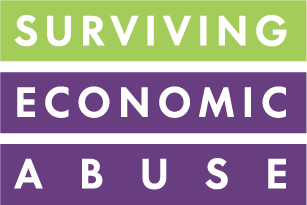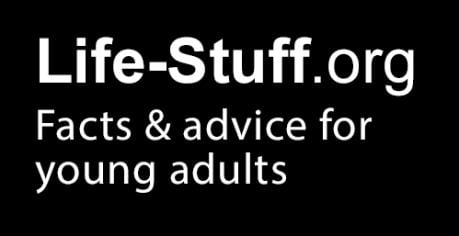It's important to know that abuse is never your fault. And you're not alone. Sadly, huge numbers of women and girls face abuse every day. That doesn't make it acceptable. Specialist and confidential support is available, whatever your situation.
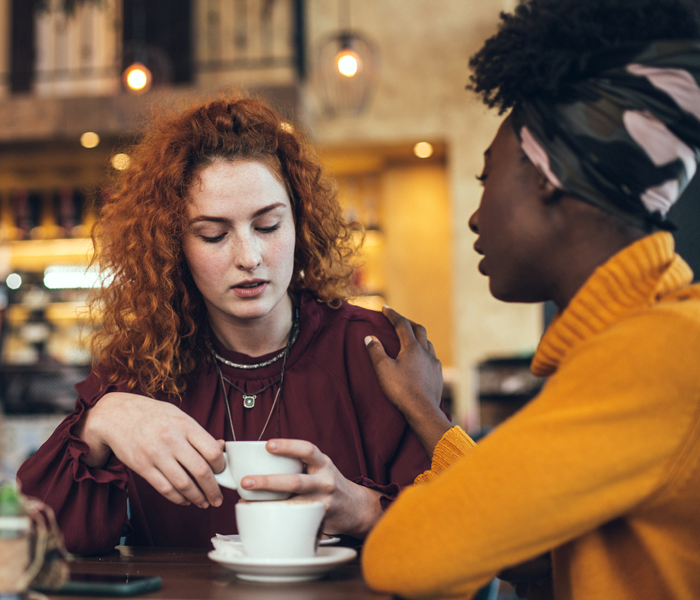
You deserve support
You are not alone.
Telling someone about your experience can help you to deal with the abuse and get extra support if you need it. That may be emotional support, practical support, health advice and/or legal support. You don’t have to go through this on your own.
There’s no pressure on you to do this, and no right or wrong person to tell. You might start with friends or family or someone in your community that you trust.
When you’re ready, and only if you want to, you might choose to talk to a specialist support organisation. You don’t need to report anything, or involve the police, to get help. Whatever type of support you choose, you will be listened to and believed.
If you’re worried about someone you know
It can be hard to know what to do if you think someone is experiencing abuse, but when someone trusts you with their story, your response matters.
Check in with them when they are alone and offer to help them get support or to report it - if they want to.
If you think they might be in an abusive relationship, the National Domestic Abuse Helpline can provide expert advice on what you can do and explain the support available.
If someone has confided in you about sexual violence, Rape Crisis England & Wales has helpful information on what you might want to say and how to offer support.
You’ll also find more specialist organisations listed on this page.
Want to report it?
You might also choose to report what happened to you in a more formal way, whether at work, university or school, or by going to the police.
Remember, in an emergency call 999. If it’s unsafe to speak, you can then press 55 and you will be transferred to a police call handler trained to deal with ‘silent calls’.
Testimonial
I’ve come to terms with what happened now, but I honestly don’t believe I would have without specialised support.
*Testimonials are anonymous to protect identities, but all are based on real experiences
Sexual Assault Referral Centres (SARCs)
Sexual assault referral centres (SARCs) offer medical, practical and emotional support 24/7 to anyone who has been raped, sexually assaulted or abused. SARCs are located across the country and are here for everyone, regardless of when an incident happened.
Past abuse
If you have suffered abuse in your past or when you were a child, it’s never too late to get support. Visit #ItStillMatters Sexual abuse support – Support for victims-survivors of sexual abuse
Child sexual abuse
If you are concerned about child sex abuse, find information and support here. Let's stop abuse together
Specialist support organisations
Specialist support organisations exist to help those who have experienced abuse. They can listen and guide you with whatever you need and many of them are confidential.
If you’re not sure who to speak to, use this filter to find the right support for you.
Showing 38 results below
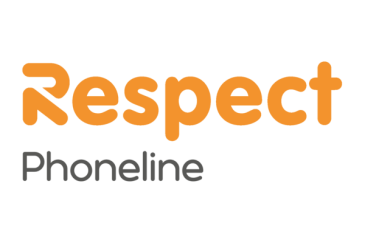
Respect Phoneline

Women's Aid
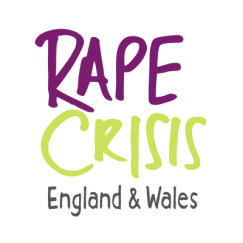
The 24/7 Rape and Sexual Abuse Support Line

Revenge Porn Helpline
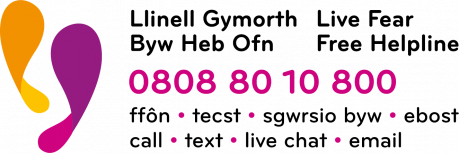
Live Fear Free helpline (Wales)

Suzy Lamplugh Trust: National Stalking Helpline
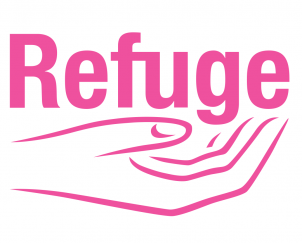
Refuge - National Domestic Abuse helpline and livechat (England)
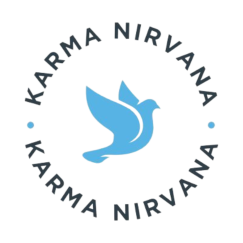
Karma Nirvana: honour based abuse and forced marriage helpline

Galop
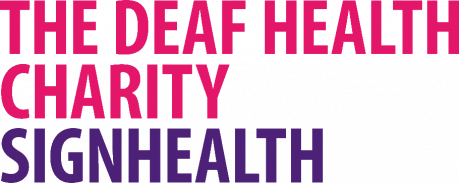
Sign Health
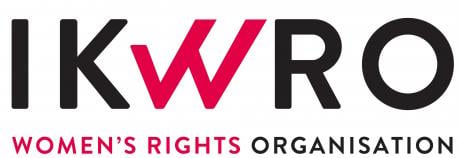
IKWRO - Women's Rights Organisation
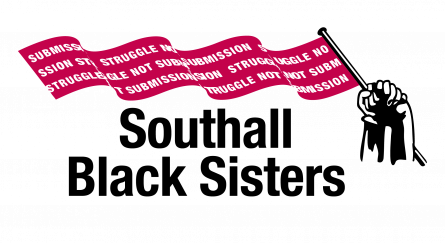
Southall Black Sisters

Forced Marriage Unit

The Financial Support Line for Victims of Domestic Abuse: dedicated specialist support to victim-survivors with their money worries.

The Survivors Trust

Victim Support

Safeline National Male Survivors Helpline and Online support service for men and boys (age 3-years+)
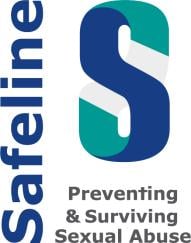
Safeline National Telephone and Online Counselling service for victims of CSA age 16-years+

Jewish Women's Aid
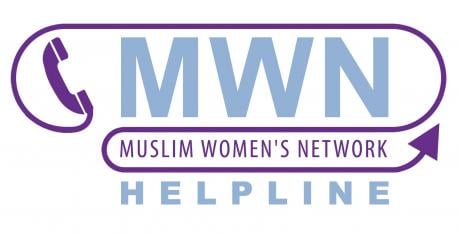
Muslim Women's Network
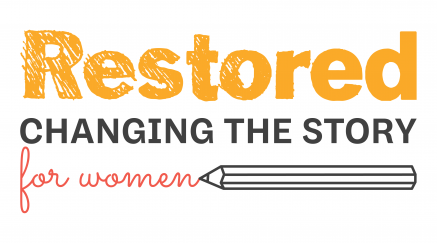
Restored

Advocacy After Fatal Domestic Abuse
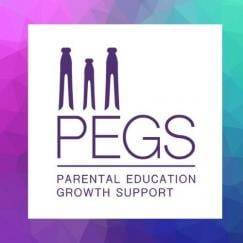
Parental Education Growth Support

Hourglass

Childline

Male Survivors Partnership
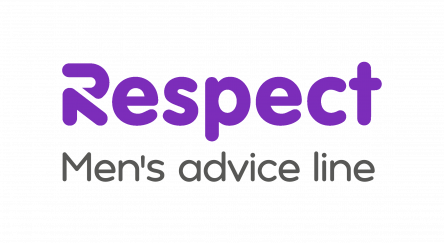
Men’s Advice Line - Domestic Abuse Helpline for Men

1in6

ManKind Initiative

SurvivorsUK - National Male and Non-binary Survivors Online Helpline
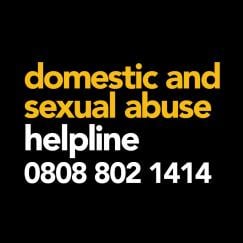
Domestic and Sexual Abuse helpline (Northern Ireland)
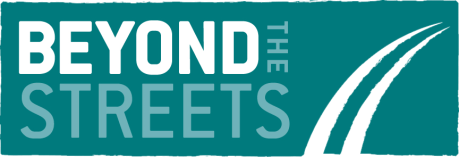
Beyond the Streets

Safer Scotland

Mankind UK
